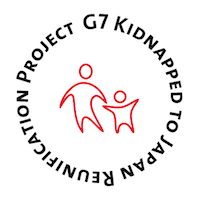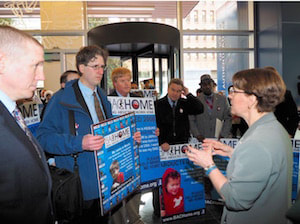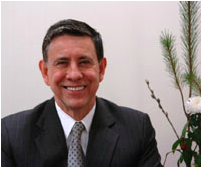Washington, D.C. - The abduction of American children to Japan continues to be a pressing humanitarian issue that demands urgent attention and action. In a May 22, 2024 House Foreign Affairs hearing, U.S. Representative Chris Smith called upon Secretary Antony Blinken to prioritize the plight of over 500 American children who have been kidnapped to Japan since 1994.
The US Supreme Court States recognized that family abduction is a form of child abuse with potentially “devastating consequences for a child”, which may include negative impacts on the physical and mental well-being of the child. It may cause a child to “experience a loss of community and stability, leading to loneliness, anger, and fear of abandonment”
While the Government of Japan seeks and receives assistance from the United States in resolving the 1977-1983 kidnappings of 17 Japanese citizens to North Korea, it has neglected the suffering of American families grappling with the abduction of their children to Japan. This glaring disparity in treatment underscores the urgent need for Japan to reciprocate the assistance provided by the U.S. by actively engaging in efforts to reunite these American victims with their parents in the United States. Despite repeated appeals from affected American families, there has been a notable lack of acknowledgment or action on their behalf.
In a recent development, on April 18, 2024, the Associated Press reported a meeting between U.S. Ambassador to the United Nations, Linda Thomas-Greenfield US Ambassador to the United Nations, Linda Thomas-Greenfield met with five Japanese relatives of the abductees to North Korea and told them, “The United States stands with all the families, with all of Japan and with the international community in pressing for a resolution that will allow all families separated by the regime’s policies to be reunited.”
She furthered, U.S. President Joe Biden’s administration is committed to raising the abduction issue “at every opportunity and calling for the return of abducted Japanese citizens to their family,” the ambassador said, adding that America sticks to that policy regardless of the leadership.
Last month Representative Smith handed a letter directly to Prime Minister Kishida, seeking a public commitment to reunite these families. It the letter he wrote, “Mr. Prime Minister, there is no doubt that child abduction is a form of child abuse. Children who are kidnapped by one parent to live overseas and kept away from another are at grave risk of serious mental trauma, and may experience anxiety, eating disorder, nightmares, mood swings, sleep disturbances, aggressive behavior, resentment, guilt, and fearfulness.”
“Regrettably, the abduction of American children to your country remains an ongoing human rights crisis that cannot be sidelined or overlooked.”










 RSS Feed
RSS Feed